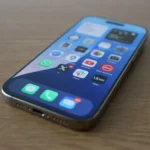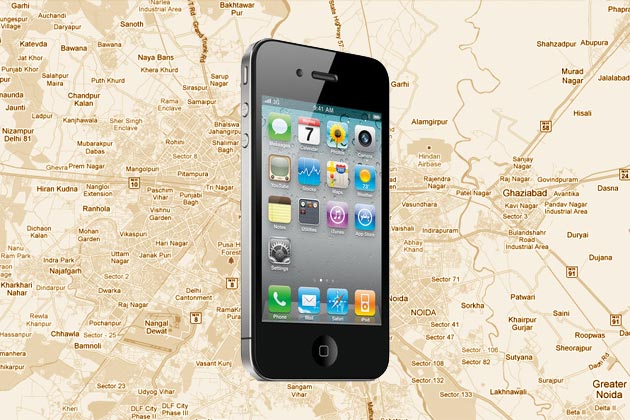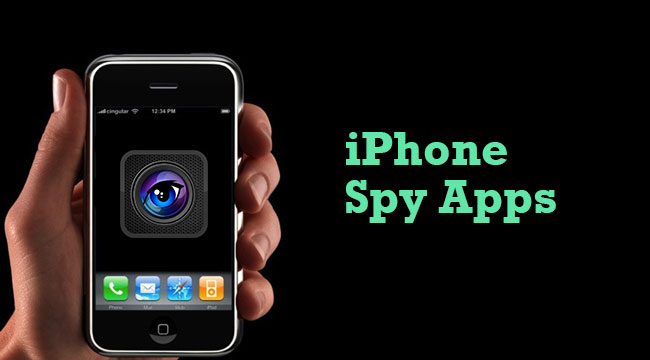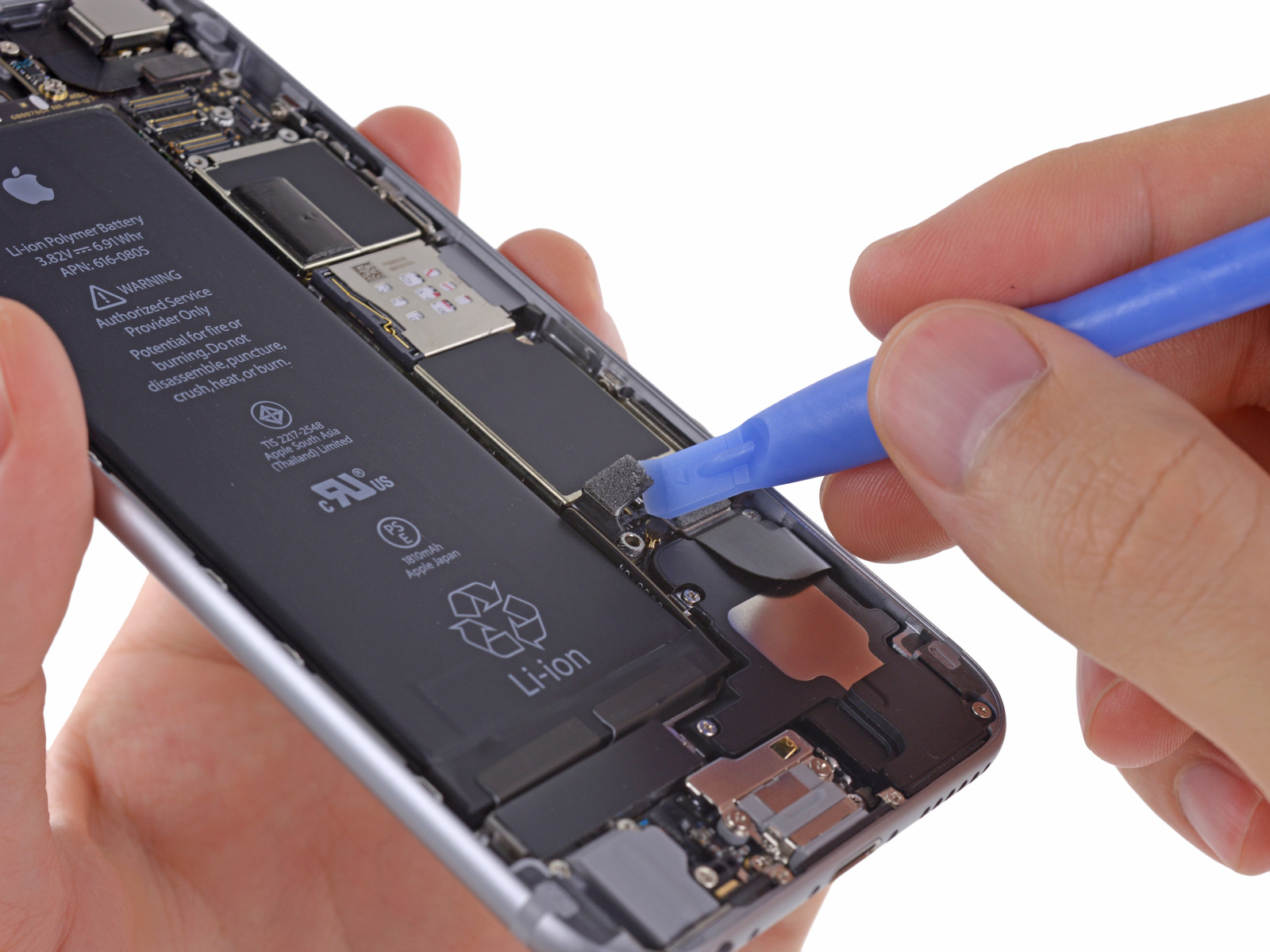Can iPhones get viruses? Yes, while it is uncommon, iPhones can be vulnerable to malware and other security threats, particularly if not managed properly. As smartphone use becomes increasingly integrated into our daily lives, understanding how to scan your iPhone for viruses is vital for maintaining device performance and security.

Content
Understanding iPhone Security
The Vulnerability of iPhones
There has long been a belief that iPhones are immune to viruses, but this is a misconception. While the iPhone benefits from robust security protocols, it is not completely safe from malware, especially when users engage in risky behaviors, such as downloading applications from unauthorized sources.
The iOS operating system is designed with advanced security features, but these can be compromised if users are not careful.
How iPhones Minimize Risks
Apple implements various protective measures, including rigorous app review processes and timely iOS updates. Every application in the App Store undergoes stringent security assessments to ensure it does not contain harmful software. This makes it significantly more challenging for malicious entities to breach the system. Additionally, iOS runs applications in isolated environments, providing another layer of defense against potential threats.
Recognizing Signs of Infection
Symptoms of Malware Presence
If your iPhone begins to exhibit unusual behavior, it may indicate a malware infection. Here are some common symptoms to be aware of:
| Symptom | Description |
| Increased data usage | Apps using more data than expected without clear reasons |
| Rapid battery drain | Significant drops in battery life, particularly in newer devices |
| Frequent app crashes | Unexplained crashes or sluggish performance of applications |
| Presence of unfamiliar apps | Applications that you do not recall installing |
Differentiating Between Malware and Adware
It is essential to distinguish between malware and adware. Malware typically aims to steal sensitive information, while adware inundates users with unwanted advertisements. Recognizing these differences can aid in taking appropriate actions to mitigate any potential threats.
Scanning Your iPhone for Viruses
Utilizing Security Applications
A practical way to scan your iPhone for viruses is to use specialized antivirus apps. Here are some of the most effective options available:
| App Name | Key Features |
| Norton | Comprehensive virus protection, web security |
| McAfee | Device tracking, secure browsing |
| Avira | Malware scanning, privacy tools |
These applications can help identify and eliminate any harmful software present on your device.
Conducting Manual Checks
In addition to utilizing apps, manual inspections can further safeguard your device:
- Review App Permissions: Navigate to Settings > Privacy & Security to see which apps have access to sensitive information.
- Uninstall Unfamiliar Applications: If you find apps you do not recognize, remove them immediately to minimize risk.
- Clear Browser Data: Regularly clearing your browser history and cache can help prevent future infections. For Safari, go to Settings > Safari > Clear History and Website Data.
Removing Malware from Your iPhone
Deleting Suspicious Apps
To remove a virus from your iPhone, begin by uninstalling any unfamiliar applications. Simply press and hold the app icon on your home screen, then select Remove App.
Clearing Browser History and Cache
Consistently clearing your browser data can aid in eliminating residual threats. Access Settings > Safari and follow the steps to clear your browsing history.
Resetting Your Device
If you suspect that your iPhone remains infected after following these measures, consider resetting your device:
- Backup Important Data: Use iCloud or iTunes to ensure your data is safe.
- Factory Reset: Go to Settings > General > Transfer or Reset iPhone > Erase All Content and Settings to restore your iPhone to its original state.
Best Practices for Maintaining iPhone Security
Safeguarding your iPhone is an ongoing endeavor. Here are some effective strategies:
- Keep iOS and Apps Updated: Regularly updating your device and applications ensures you benefit from the latest security enhancements.
- Download Only from Trusted Sources: Avoid downloading apps from unofficial channels to reduce the risk of exposure to malware.
- Monitor App Permissions Regularly: Frequently review which applications have permission to access sensitive data.
Conclusion
In summary, while iPhones feature built-in security that minimizes the risk of infections, they are not entirely immune to viruses. Being aware of the signs of a virus on iPhone, understanding how to scan your device for malware, and implementing best security practices are crucial for protecting your personal information. By following the guidelines outlined in this article, you can help ensure that your iPhone remains secure and functions optimally.
FAQs Section
How often should I scan my iPhone for viruses?
It is advisable to scan your iPhone at least once a month or after downloading new applications.
What actions should I take if I discover a virus on my iPhone?
Immediately delete any suspicious applications, clear your browser data, and consider performing a factory reset if the problem persists.
Are free antivirus applications effective for iPhones?
While free antivirus apps can provide some level of protection, paid versions typically offer more comprehensive security features and better performance.

I’m Kelly Hood! I blog about tech, how to use it, and what you should know. I love spending time with my family and sharing stories of the day with them.












